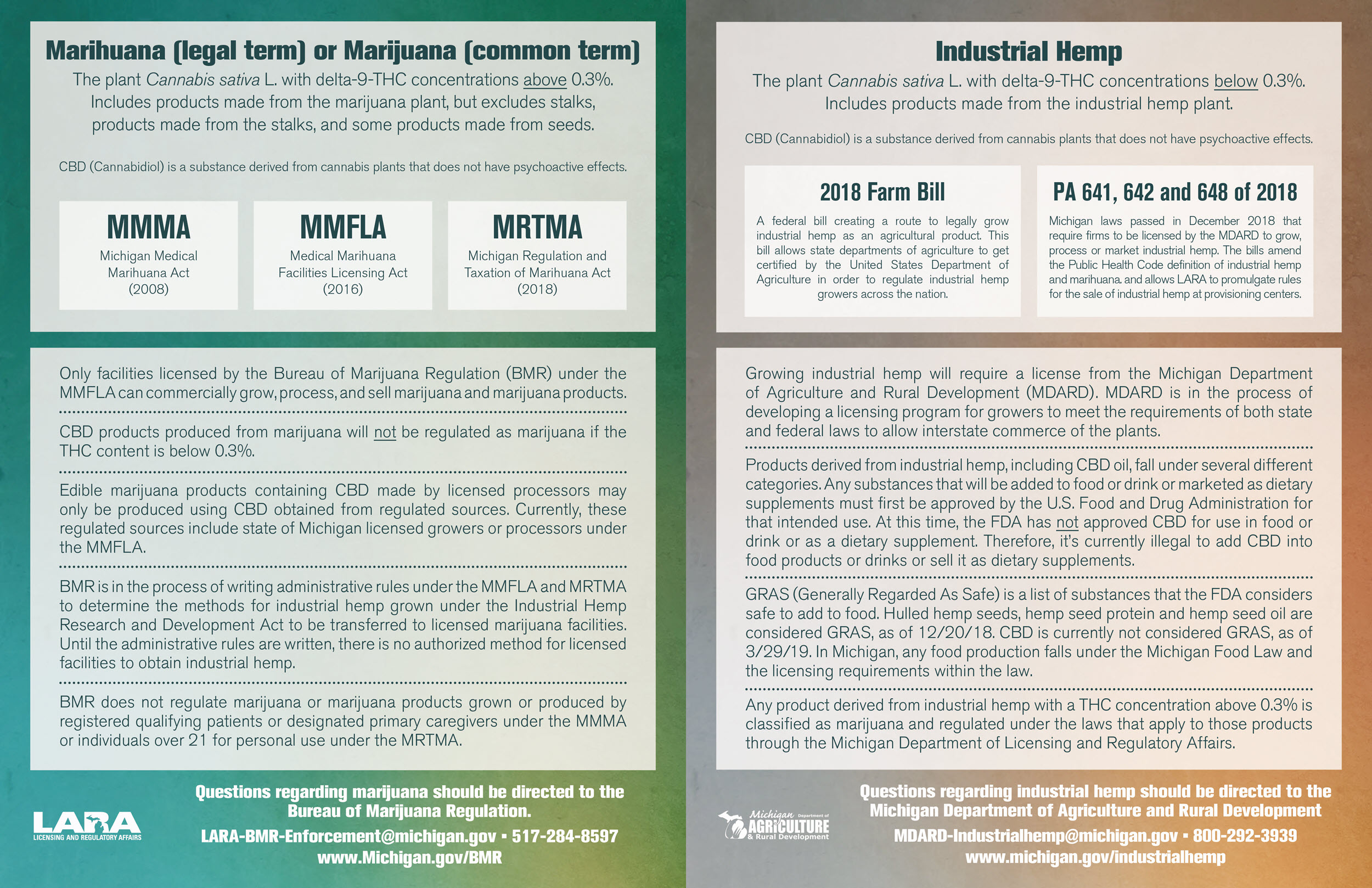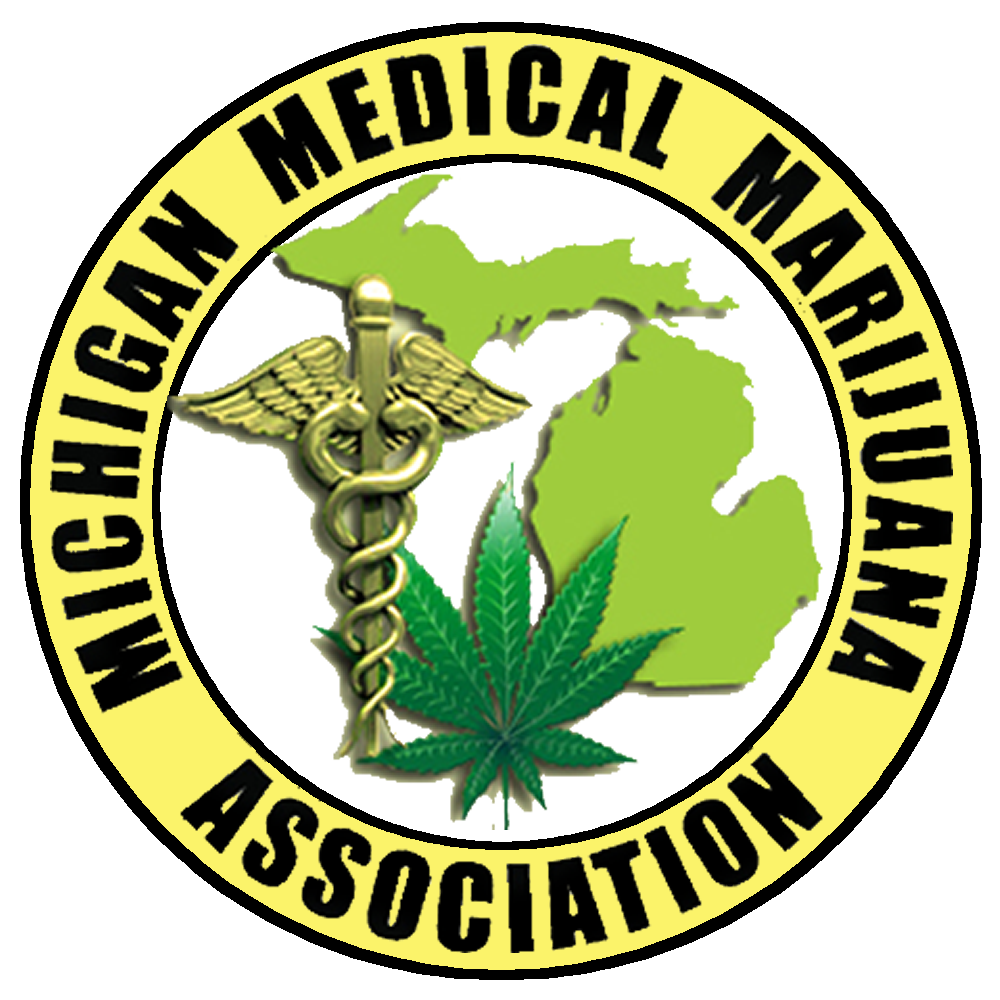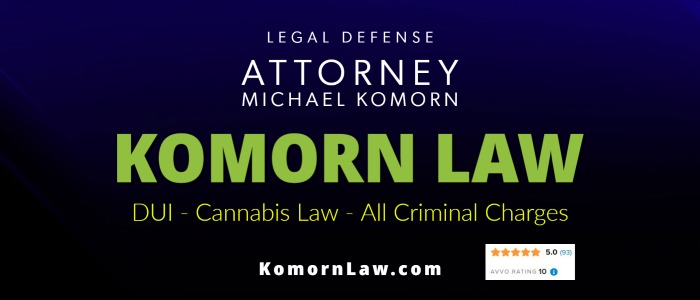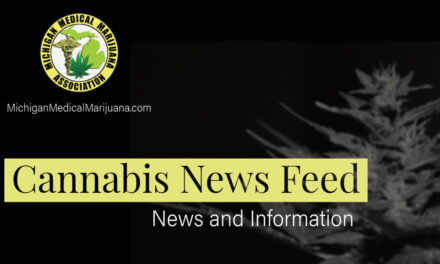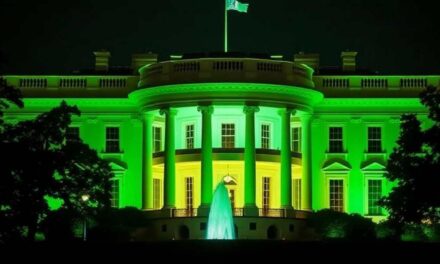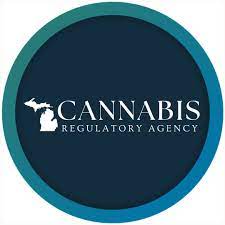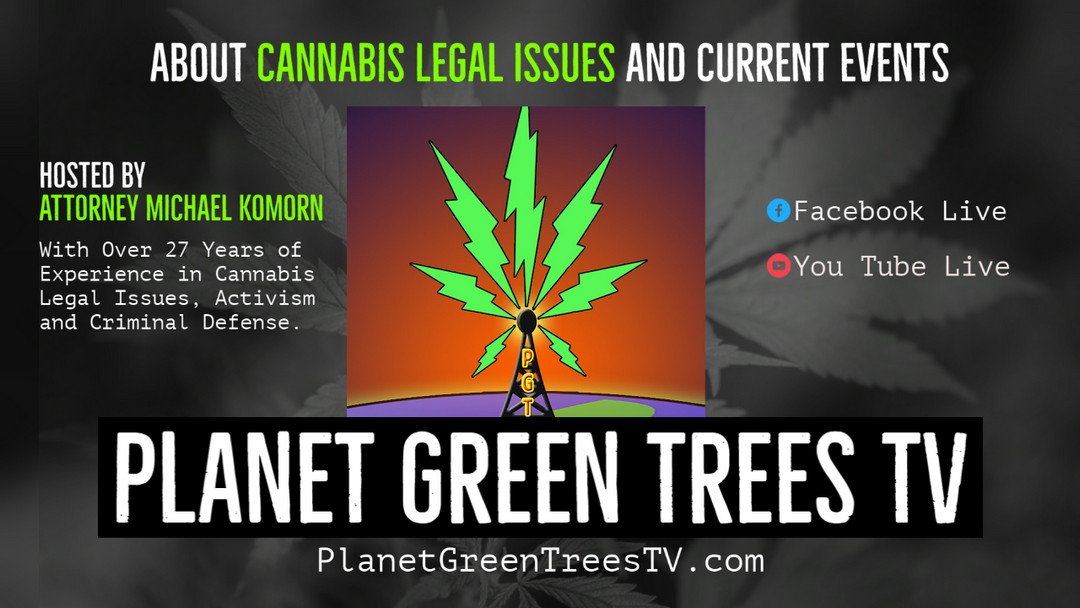At his final hearing before a Senate appropriations subcommittee on Thursday, outgoing Food and Drug Administration (FDA) Commissioner Scott Gottlieb was again pressed on the agency’s plan to regulate hemp-derived CBD products.
Sen. Patrick Leahy (D-VT) voiced concerns about the “significant regulatory and enforcement uncertainty” surrounding marketing CBD, which has been raised at several hearings since industrial hemp and its derivatives were federally legalized under the 2018 Farm Bill. The senator asked Gottlieb how he thinks the FDA should use discretion in its enforcement efforts.
“We’re using enforcement discretion right now,” the commissioner said. “I will take enforcement action against CBD products that are on the market if manufacturers are making what I consider over-the-line claims.”
But what constitutes an “over-the-line” claim?
Gottlieb specified that people who are marketing CBD and “claiming that it can cure cancer or prevent Alzheimer’s disease” will be subject to enforcement action “because that can mislead a patient into forgoing otherwise effective therapy.”
“But there are products on the market right now that, given our enforcement priorities and our limited resources, we haven’t taken action against,” he said. “That’s not an invitation for people to continue marketing these products—we’re concerned about it—but we heard Congress loud and clear here.”
As Gottlieb has explained to lawmakers a number of times this year, part of the reason that regulating CBD products is especially complicated is that CBD currently exists as an approved drug in the form of the epilepsy medication Epidiolex, and is also “under substantial clinical investigation.”
“Even if it wasn’t an approved drug, because it was never previously in the food supply, we don’t have a clear route to allow this to be lawfully marketed short of promulgating new regulations,” he said.
That challenge will be taken up by an FDA working group comprised of “some of our most creative policymakers,” who will develop “potential legislative alternatives” to CBD regulation. In essence, Gottlieb has suggested that unless Congress passes a law that specifically targets CBD, it could take years for the FDA to enact CBD regulations.
“There is precedent for Congress legislating in the context of a single ingredient,” the commissioner told Sen. John Hoeven (R-ND) in a subsequent exchange. “You could, for example, contemplate a scheme here where Congress gave FDA authority to contemplate CBD as a food ingredient at certain concentrations and potency and purity and then have it exist separately as a drug product at a different concentration, different potency and purity.”
“Fish oil, for example, exists that way in the marketplace,” he said. “But fish oil, we didn’t need to come up with a legislative option to do that because it was previously in the food supply. CBD, obviously, it was not.”
…..what?
Arrested for or Charged with DUI or DRUGGED DRIVING?
Contact Komorn Law 800-656-3557
Visit the Komorn Law website
LARA RELEASE 3/29/19
Michigan Offers Guidance on CBD and Industrial Hemp
March 29, 2019 – The Bureau of Marijuana Regulation (BMR) and the Michigan Dept of Agriculture & Rural Development (MDARD) issued joint guidance today regarding CBD (cannabidiol) and industrial hemp.
From the Bureau of Marijuana Regulation:
- CBD products produced from marijuana will not be regulated as marijuana if the THC content is below 0.3%.
- Edible marijuana products containing CBD made by licensed processors may only be produced using CBD obtained from regulated sources. Currently, these regulated sources include state of Michigan licensed growers or processors under the MMFLA.
- BMR is in the process of writing administrative rules under the MMFLA and MRTMA to determine the methods for industrial hemp grown under the Industrial Hemp Research and Development Act to be transferred to licensed marijuana facilities. Until the administrative rules are written, there is no authorized method for licensed facilities to obtain industrial hemp.
- Only facilities licensed by the Bureau of Marijuana Regulation (BMR) under the MMFLA can commercially grow, process, and sell marijuana and marijuana products.
- BMR does not regulate marijuana or marijuana products grown or produced by registered qualifying patients or designated primary caregivers under the MMMA or individuals over 21 for personal use under the MRTMA.
From the Michigan Department of Agriculture and Rural Development:
- Any product derived from industrial hemp with a THC concentration above 0.3% is classified as marijuana and regulated under the laws that apply to those products through the Michigan Department of Licensing and Regulatory Affairs.
- Products derived from industrial hemp, including CBD oil, fall under several different categories. Any substances that will be added to food or drink or marketed as dietary supplements must first be approved by the U.S. Food and Drug Administration for that intended use. At this time, the FDA has not approved CBD for use in food or drink or as a dietary supplement. Therefore, it’s currently illegal to add CBD into food products or drinks or sell it as dietary supplements.
- GRAS (Generally Regarded As Safe) is a list of substances that the FDA considers safe to add to food. Hulled hemp seeds, hemp seed protein and hemp seed oil are considered GRAS, as of 12/20/18. CBD is currently not considered GRAS, as of 3/29/19. In Michigan, any food production falls under the Michigan Food Law and the licensing requirements within the law.
- Growing industrial hemp will require a license from the Michigan Department of Agriculture and Rural Development (MDARD). MDARD is in the process of developing a licensing program for growers to meet the requirements of both state and federal laws to allow interstate commerce of the plants.
Definitions
- Marihuana (legal term) or Marijuana (common term): the plant Cannabis sativa L. with delta-9-THC concentrations above 0.3%. Includes products made from the marijuana plant, but excludes stalks, products made from the stalks, and some products made from seeds.
- Industrial Hemp: the plant Cannabis sativa L. with delta-9-THC concentrations below 0.3%. Includes products made from the industrial hemp plant.
- CBD (Cannabidiol): a substance derived from cannabis plants that does not have psychoactive effects.
